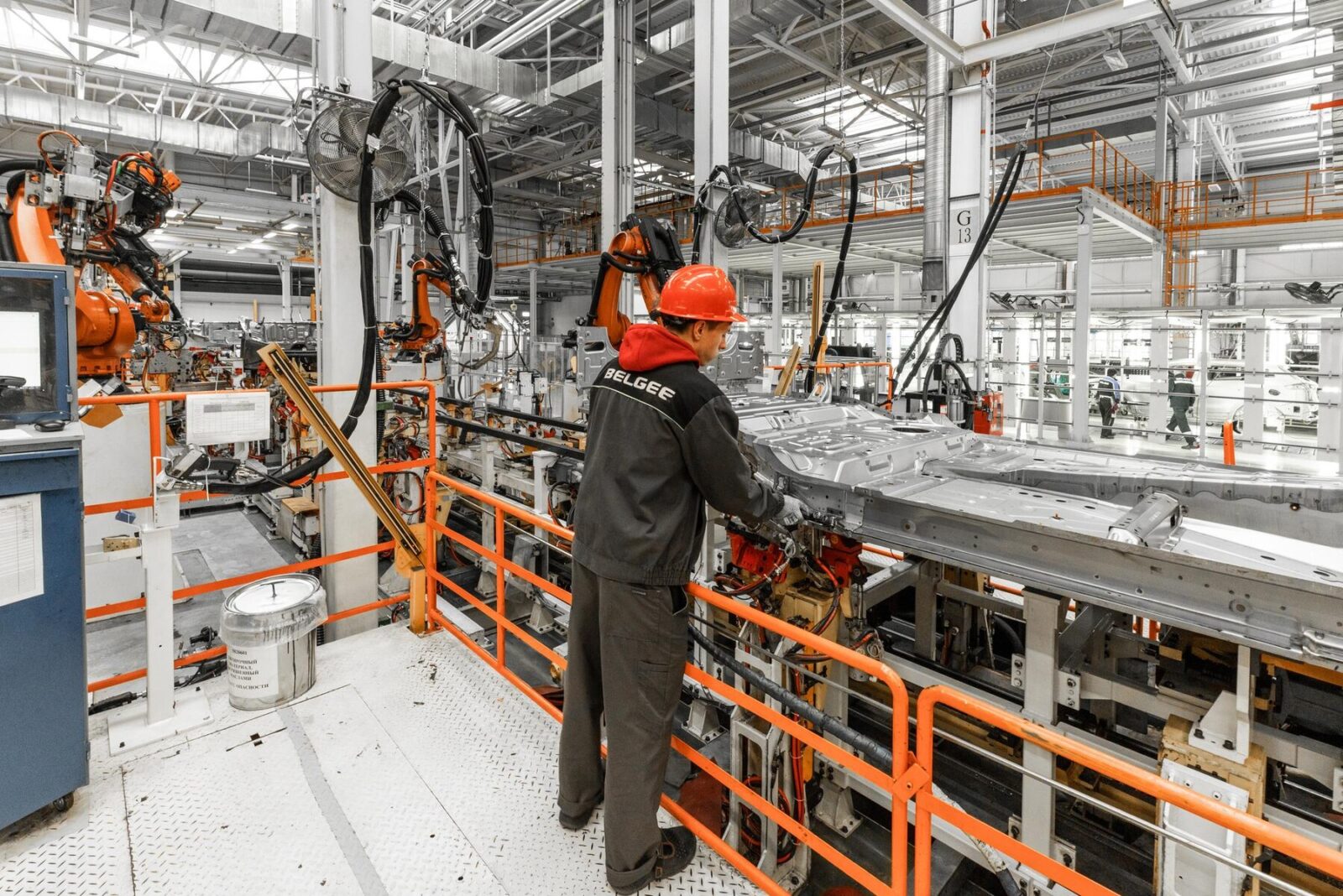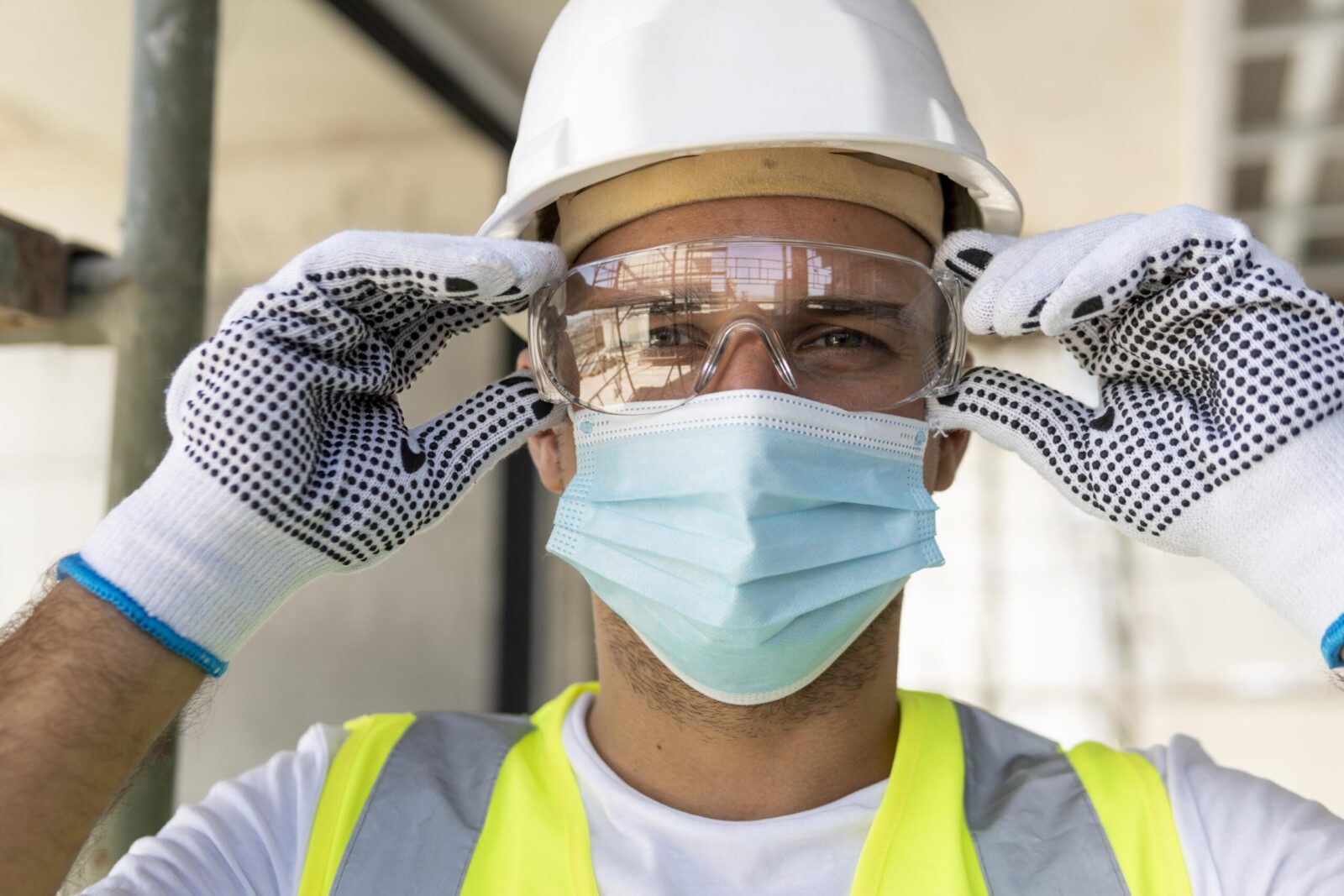
Essential PPE in the Food Industry: What You Need to Know
Overwhelmed by PPE options for food safety? Master your PPE selection for food workers safety with these practical tips.

Get 20€ off on your first order!
Are you struggling to find the perfect pair of work pants that balance durability, comfort, and safety for your demanding job? This guide has everything you need to make an informed decision.
With insights into key features, styles, and the top suppliers in Europe, we promise you’ll walk away confident in your choice. Plus, we’ll provide practical advice to help you care for your pants, ensuring they last longer.
By the end of this article, not only will you have the knowledge to choose the right pair of utility trousers, but you’ll also be prepared for what comes next: completing your workwear ensemble with complementary items like safety shoes or jackets.
Discover the perfect Work Pants tailored to your industry needs. Click here to explore all options.
When shopping for work trousers, prioritize these features:
For a more detailed breakdown, check out our related article: How to Choose Work Pants for Construction.
There are various types of utility pants, each suited for specific tasks. Here are some popular options:
Perfect for workers needing multiple storage options, these pants feature ample pockets.
Essential for welders and those in demanding environments, these pants help shield against heat and flames. Explore fire-retardant trousers here.
Designed to keep you warm, these insulated pants are ideal for cold-weather jobs. Browse winter options here.
Important for visibility in construction and roadwork, these pants ensure you’re visible in low-light conditions. Check out hi-vis pants here.
Understanding the fit and style of work pants is crucial for comfort and functionality. Below is a quick comparison:
| Fit Type | Best For | Description |
| Slim Fit | Indoor work, modern look | Tapered leg, snug fit, professional style. |
| Relaxed Fit | Outdoor, heavy-duty tasks | Looser around the thighs and knees. |
| Straight Fit | All-purpose wear | Balanced fit with a classic design. |
For a deeper dive, see: Slim Fit vs Relaxed Fit Work Pants – Which Style Suits Your Needs?
Work trousers play a crucial role in ensuring safety, comfort, and functionality in some of the most demanding industries. Here’s how they contribute to specific sectors:
By catering to these industries’ unique needs, work pants ensure professionals can perform their tasks efficiently and safely.

Here are some of the most trusted workwear suppliers in Europe:
Explore the full range of suppliers.
In addition to work pants, you might need other essential workwear:
To maximize the lifespan of your utility pants, follow these tips:
For more advice, see Caring for Your Work Pants: Cleaning and Maintenance Tips.
We hope this guide has been invaluable in helping you navigate the key considerations for selecting the perfect pair of work pants. From understanding material durability to exploring fits and trusted suppliers, you now have the tools to make an informed decision that suits your professional needs. Whether it’s fire-retardant trousers, winter pants, or hi-vis options, there’s a solution tailored for every challenge. Browse our full collection of work pants here.
Need guidance on completing your workwear? Our expertise doesn’t stop here—explore complementary products like safety shoes and work jackets. We’re here to ensure your safety and confidence in every purchase.
– The Droppe Team
To find the right size, measure your waist and inseam accurately using a tape measure. Check the sizing charts provided by the supplier as sizes may vary between brands. If you’re between sizes, consider trying on different fits to ensure maximum comfort.
Yes, some brands offer work pants made from sustainable materials like organic cotton or recycled polyester. Look for certifications like OEKO-TEX or GOTS to ensure environmentally friendly choices.
While most work pants are designed to fit standard measurements, they can often be tailored for a more precise fit. However, avoid altering areas with reinforced seams or special protective features to maintain their integrity.
For hot environments, opt for lightweight, breathable fabrics like cotton blends or moisture-wicking materials. Pants with ventilation panels or UV protection are also ideal for staying comfortable and protected.
Yes, many suppliers offer work pants designed for women with tailored fits that accommodate different body shapes while maintaining the same durability, functionality, and safety features as men’s work pants. Look for styles specifically labeled as women’s workwear.
Thank you! You've signed up for our newsletter.



















Overwhelmed by PPE options for food safety? Master your PPE selection for food workers safety with these practical tips.

Struggling to maintain clear vision in demanding environments? This guide is here to help. By the end, you’ll know exactly...

Electricians across Europe face unique challenges that require reliable safety glasses to ensure both protection and efficiency. Whether safeguarding against...

Overwhelmed by PPE options for food safety? Master your PPE selection for food workers safety with these practical tips.

Struggling to maintain clear vision in demanding environments? This guide is here to help. By the end, you’ll know exactly...

Electricians across Europe face unique challenges that require reliable safety glasses to ensure both protection and efficiency. Whether safeguarding against...
Get 10€ off on your first order!
Save 30% by buying directly from brands, and get an extra 10€ off orders over €100
Save 30% by buying directly form brands, and get an extra 10€ off orders over €100